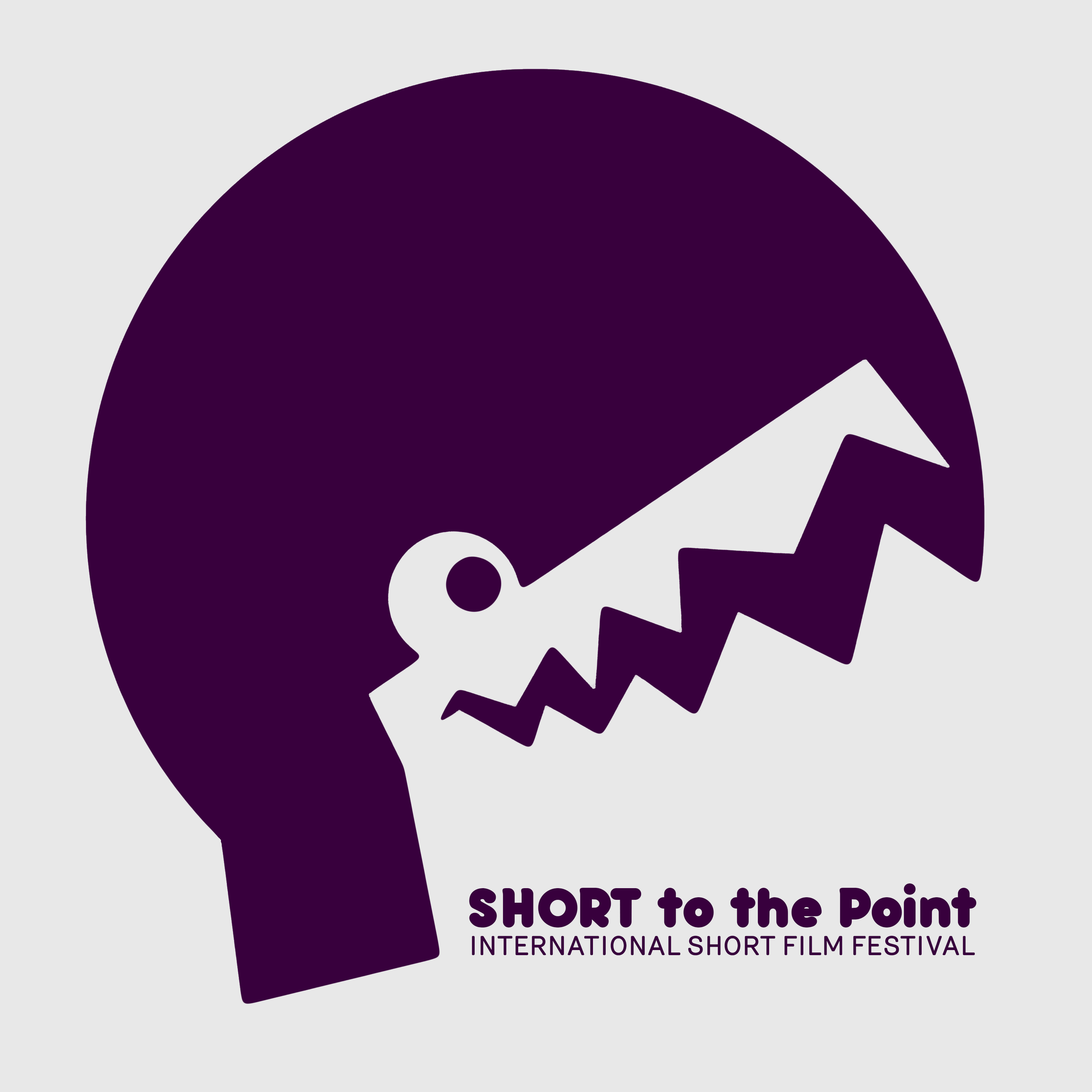- Was there a particular event or time that you recognized that filmmaking is your way of telling stories?
GERARDO KORN: I must start by saying that I agree with what Martin says at the beginning of his answer. On the other hand I need to point out that this is my first film, so my natural enthusiasm for the subject made me not pay any attention to what would be a balance between work and effort invested vs. result (the economic point of view). That’s why receiving an award for our film is so special and such a joy.
MARTIN SERRA: No, there was no particular moment. I have always been a reader and consumer of films, and honestly, writing was very difficult for me. I consider that audiovisual storytelling gives me more resources that somehow pave the way. It’s clear that it’s a mistake from an economic point of view. To write we only need a small table, a pencil and paper, or an old typewriter, or a computer. For filming, things get a little more complicated.
- Do you think it is essential to go to a film institute in order to become a successful filmmaker?
GK: I don’t consider it essential, but knowing about technical aspects, conventions and the industry in general can’t be anything but positive. In this sense I have the privilege of having worked on this film with Martin, who, in addition to his experience and films made, knows about all that and with whom I immediately felt very comfortable to work with.
MS: No, it’s not essential. There are plenty of examples of directors who have not attended film school. But I do consider it important as a training tool. I think that going to an institute always opens more possibilities of knowledge and networking. I’m a graduate of the “Universidad del Cine” of Buenos Aires and I’d follow that path again. Gerardo’s case is different.
- Is it harder to get started or to keep going? What was the particular thing that you had to conquer to do either?
GK: Definitely more difficult to keep going. The further you go, the more you get to know the difficulties that such projects face and the more you analyze and weigh what you need to make them happen. Always keep a good dose of innocence, be attentive to opportunities and stories that appear, both in the reality that surrounds us and in our mind, and go step by step, starting by putting together a structure with all the ideas and images and scenes through which we begin to see our movie in our imagination before it exists.
MS: It’s definitely more difficult to keep going. Making a film, big or small, is a process that takes time. The hard part is sustaining it. It takes a lot of patience and perseverance to achieve it. It’s not something immediate. Due to time constraints it’s impossible, that’s why starting something must have a day-to-day consequence, otherwise, there’s no result. The main thing to find is the way to tell what you want to tell, which for me is the structure of the narrative. As long as that doesn’t appear, there will be no film. And it never happens on the first day. And it will most likely mutate until you find the best way to tell your story. The choice of subject matter is important, but the fundamental thing is how you tell it.
- What was the most important lesson you had to learn that has had a positive effect on your film? How did that lesson happen?
GK: Timing is essential. Being at the right time at the right place, when Roux decided to paint his pool, and giving myself totally to the idea of documenting every step of his work, no matter the obstacles. Transmit this certainty to the others so that everyone remains motivated. And be willing to pay the price for such a commitment…
MS: Within any daily event you can find something valuable to tell. I believe that the key to this specific case lies in perseverance. THE GODDESS IN THE POOL touched me in a particular way. I had done two works with Guillermo Roux, our protagonist, and knowing the stubbornness (in a good way) of his way of working, when he decided to get into a swimming pool in a wheelchair, together with Gerardo we said that it had to be a documentary.
- How do you find or generate ideas for documentaries or is it a different process for every project?
GK: Each documentary has its own process and origin. Ideas are never lacking and can refer to ordinary events, as long as there is room to incorporate some element to make the ordinary a bit extraordinary.
MS: Each documentary has its own way of starting. In general, I try to go for the events that are hardly out of the ordinary. Maybe those who produce those events don’t feel that way, but that’s the point, that they allow to discover in the filming process and, of course, in the final result, what is particular, what is striking in the background of the story that is being told.
- Can you describe your approach to writing treatments?
GK: regarding this question, I give the floor to Martin
MS: This is a process that changes day by day in the documentary genre. I don’t think you can write a treatment at the beginning and then respect it against all odds. I think that would be a mistake. It would be underestimating what you are about to face. This can (and should) happen in fiction. In documentary the treatment is the search, the accommodation of all the resources to reach the final structure I was talking about before. But this cannot be achieved either at the beginning or in the middle of the process. I would even say that the final treatment is the finished film itself.
- Do you ever use the camera yourself?
GK: (see MS below)
MS: In all my previous works I shared the use of the camera with the DP. THE GODDESS IN THE POOL is the only work in which I didn’t touch the camera. That was taken care of by Gerardo, who was the cameraman for the entire film.
- What do audiences want? And is it the filmmaker’s role to worry about that?
GK: The audience wants to be caught and mesmerized by the magic emanating from the screen. And yes, absolutely, the filmmaker should try as much as possible to make that happen. That’s why one must always consider what one sees and wants to show and at the same time put oneself in the position of a hypothetical audience to imagine what they would like to see, and be critical of one’s own work.
MS: As Guillermo Roux said in one of the many afternoons of conversations at his home, the only thing spectators ask is that you “capture their gaze”. If you can do that, I’d say the job is done. The role of the director is precisely that: he or she must work to capture attention. It’s as simple and as complicated as that. Of course, every viewer is different and different things can grab the viewer’s attention. Cinema is not an exact science…
- What role have film festivals played in your life so far? Why are they necessary? How do you get the most out of them?
GK: Although I have years of experience in photography exhibitions, my relationship with film festivals started last year through this film. I am fascinated by the variety of festivals around the world and thrilled by the possibility of jurors and audiences that in some cases are total strangers to me, but connected with a common goal, will evaluate and see my work. That’s why I consider them absolutely essential to sustain the art of working on films.
MS: Throughout the year, festivals offer the possibility to let the works be evaluated and to check if the “capture the gaze” of the previous question really works. That’s why it’s so important and valuable to submit your work to festivals around the world to test the universality of this language.
- Do you believe that a filmmaker should be original and fresh or he/she should stick to classic but safe cinema style?
GK: While I understand the question, I would start by saying that nothing in cinema is “safe”. But well, there can’t be something original and fresh without the existence of the classic, otherwise we wouldn’t know how to recognize it. Personally, I always like and would try to combine classic elements with others that are innovative or original, and therefore unexpected. But I also think that the search for the original and fresh should not become an end in itself. Sometimes it seems that everything has already been invented, so the challenge is big…
MS: Although nothing is precise, somehow everything is based on the classic. To be fresh and original you must know the classic, and although it may not seem so, the fresh and the original have its foundation in the previous. In order to innovate, you must start from the classic. A narrative that starts from something that has no weight of its own I think it walks towards stagnation. That is why, although it must be in a subtle and intelligent way, the fresh and innovative must have a classic ingredient. At least that is what I put to the test in each of the works I start.










